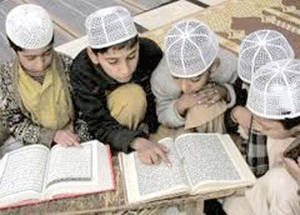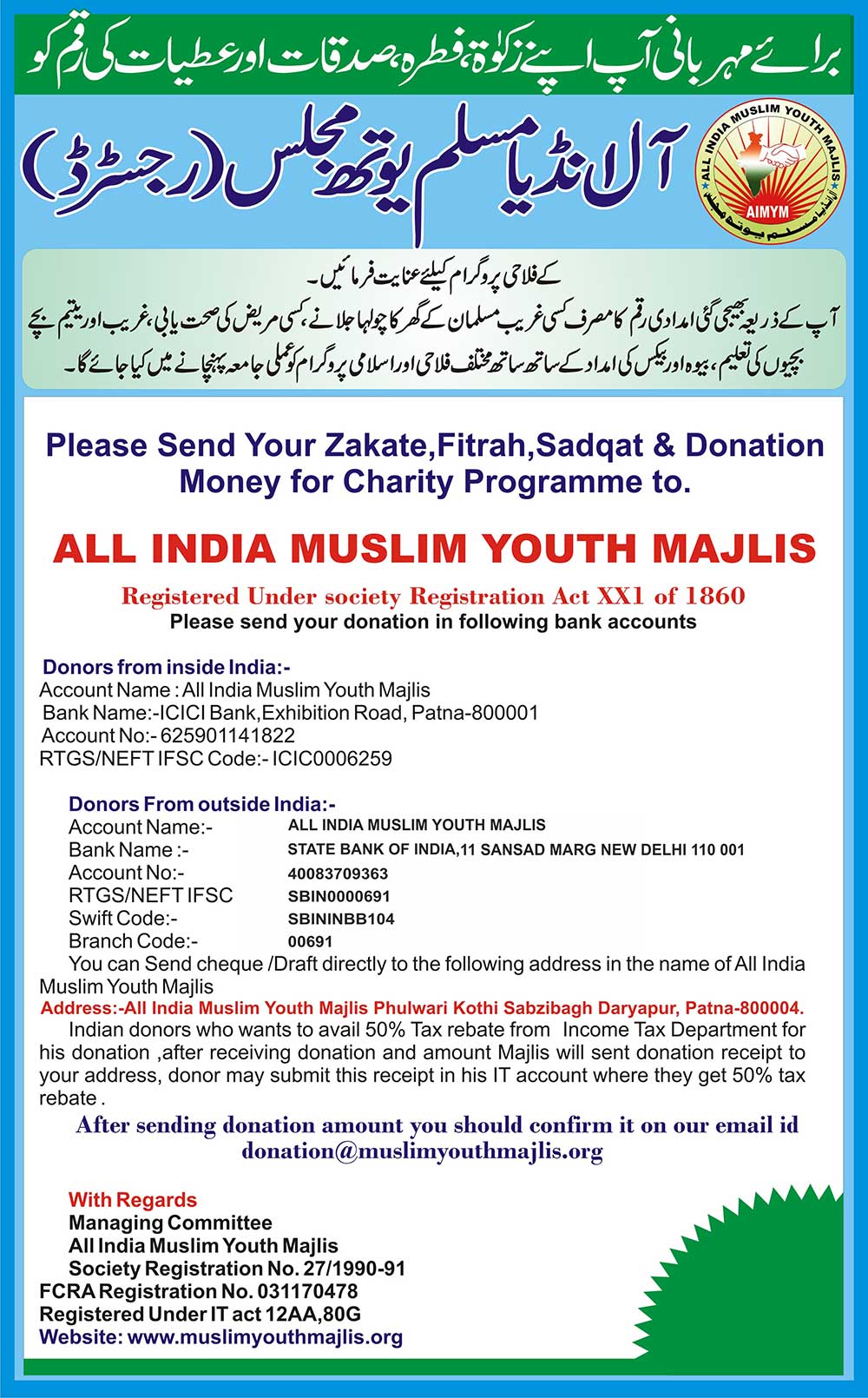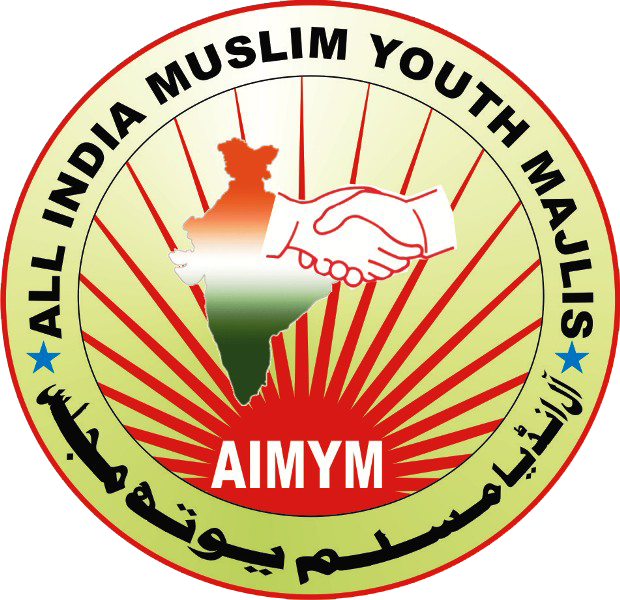| |
 Children are the future of a nation. For an emerging and developing country like India, development of underprivileged children holds the key to the progress of the nation itself. Children are the future of a nation. For an emerging and developing country like India, development of underprivileged children holds the key to the progress of the nation itself.
Education for underprivileged Children is the key whether we are addressing healthcare, poverty, population control, unemployment or human rights issues.
The educational initiatives for underprivileged children include Crèche [0-3 yrs], Pre-school [3-6 yrs], Non Formal Education [6-14 yrs non-school going], Remedial Education [6-14 yrs school going], Bridge Course [14-18 yrs drop-outs], Functional Literacy [18-45 yrs women] and Family Life Education for adolescent girls. These projects support more than 100 grassroots initiatives working for the education of very poor and underprivileged children in various states of country like Bihar, Orissa, Jharkhand, Uttar Pradesh, Uttarakhand, West Bengal, Assam, Manipur, Andhra Pradesh, Tamil Nadu, Karnataka, Kerala, Chandigarh, Maharashtra, Goa, Gujarat, Rajasthan, Haryana, Madhya Pradesh, Chhattisgarh etc
The condition of Muslims in India is pitiable. As it has been documented by the Sachar Committee Report (SCR), Muslims are virtually lagging behind all other communities and a trend of relative deterioration is observed in almost all spheres of day-to-day life. Especially in the field of education, the situation is of grave concern.
While the overall literacy rate in India is above 65%, the literacy rate of Muslims is around 59%. However, on extending the consideration beyond mere literacy rate, Muslims fall far behind others. Where, in general, 26% of those aged 17 years and above have completed matriculation, this percentage is only 17% amongst Muslims. The Mean Years of Schooling among children of age group of 7- 16 years is lowest among Muslims at around 3.4 years whereas for others it is above 5 years. According to the 2001 Census data, while only about 7 per cent of the overall population aged 20 years and above are graduates or hold diplomas, this proportion is less than 4 per cent amongst Muslims. Besides, those having technical education at the appropriate ages (18 years and above) are as low as one per cent and amongst Muslims that is almost non-existent. |
|








 Children are the future of a nation. For an emerging and developing country like India, development of underprivileged children holds the key to the progress of the nation itself.
Children are the future of a nation. For an emerging and developing country like India, development of underprivileged children holds the key to the progress of the nation itself.


